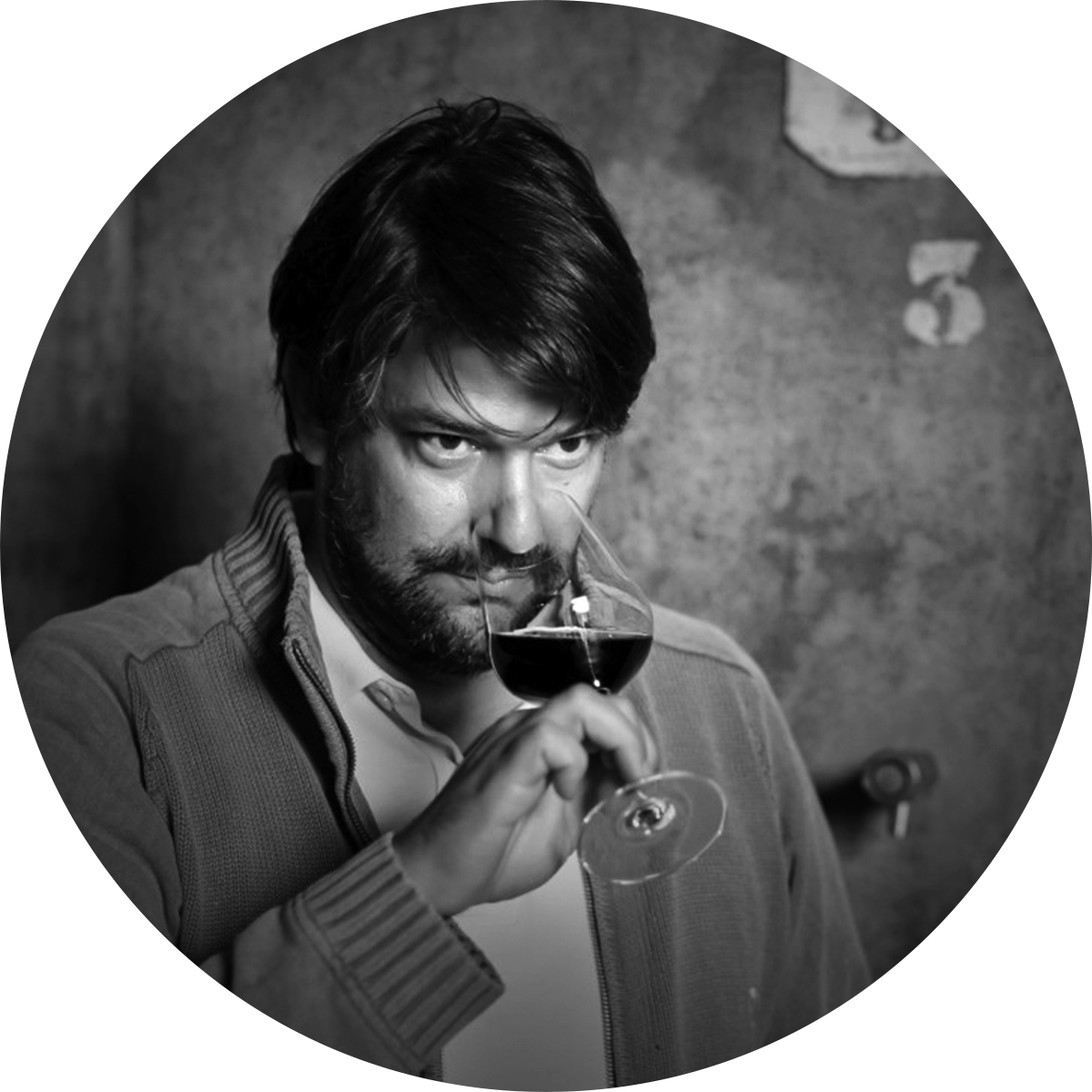DISTILLERIE CAZOTTES
LAURENT CAZOTTES
Midi-Pyrénées, France
As a true explorer of natural flavours, Laurent Cazottes' works express the best from the fruits and flowers he grows organically on his domain, applying even some biodynamic methods. His artisanal distillery is located in Gaillac, near the Pyrénées. He has a large focus on liquors, made from several hundred fruit trees, but also thousand truffle oaks, acres of wheat, barley and even saffron. All these natural resources are harvested by hand. In the middle of all of these, he has vines to produce very floral wines, respecting the most natural vinification possible. His incredible work has been acknowledged by the greatest chiefs and sommeliers, and his products are unanimously greeted for their scent and authentic flavours.
-
Distillerie Cazottes Noix du Pays d'Oc Liqueur 2016
Regular price HK$340.00Regular priceUnit price / per -
Distillerie Cazottes Tomato Liqueur 2018
Regular price HK$460.00Regular priceUnit price / per -
Distillerie Cazottes Blackthorn 2017
Regular price HK$495.00Regular priceUnit price / per -
Distillerie Cazottes Guignes et Guins (wild sour cherry) Liqueur 2017
Regular price HK$525.00Regular priceUnit price / per -
Distillerie Cazottes Wild Quince 2017
Regular price HK$440.00Regular priceUnit price / per
BACKGROUND OF NATURAL WINE IN SOUTH WEST
The South West of France stretches along the Atlantic coast and it’s bordered by the Pyrenees mountains. Popular grape varieties cultivated here include Malbec, Tannat, Merlot, Sauvignon Blanc, and Gros Manseng, among others. With its dynamic terroir, unique microclimates, and commitment to sustainable viticulture, the South West of France continues to captivate wine enthusiasts with its distinct flavours and exceptional quality.
Organic, Biodynamic and Natural wine. What’s the difference?
To understand this concept and its various ramifications, it is necessary to keep something clear in mind: before the 20th century and the spreading of affordable synthetic fertilisers, all farming was organic. When the shift to the use of synthetics and pesticides happened, it became necessary to diversify traditional organic farming from the new modern farming.
ORGANIC WINE
Simply put, organic farming forbids the use of synthetic fertilisers, synthetic pesticides, herbicides, or genetically modified organisms. The basic requirements are generally specific and engage the farmers not to use any chemical fertilisers and other synthetic products in the vineyard. It does not prevent the vintner from using the conventional winemaking process after harvesting.
BIODYNAMIC WINE
Let’s take organic farming one step further: Biodynamic. The creator of this agricultural system is the Austrian philosopher Rudolf Steiner, who developed the principles of biodynamics in a series of lectures given in 1924 in Germany. Here lies the foundation of true organic wines, with a strict limit in the use of additives, stringent requirements and at the end obtaining a biodynamic certification.
NATURAL WINE
The previous definitions are usually, and rightfully, associated with it, because most natural wine is also organic and/or biodynamic. But not vice versa!
Natural wine is wine in its purest form, simply described as nothing added, nothing taken away, just grapes fermented. No manipulation whatsoever, minimal intervention both in the vineyards and in the winery. Healthy grapes, natural yeast and natural fermentation, with no filtration nor fining. Sounds easy, right? However, making natural wine is unforgiving and it requires a bigger amount of work than conventional wine. To this day, natural wine has no certification yet.










